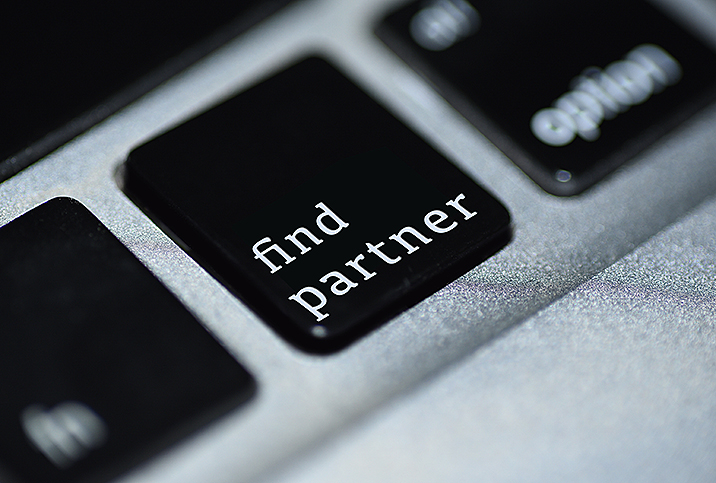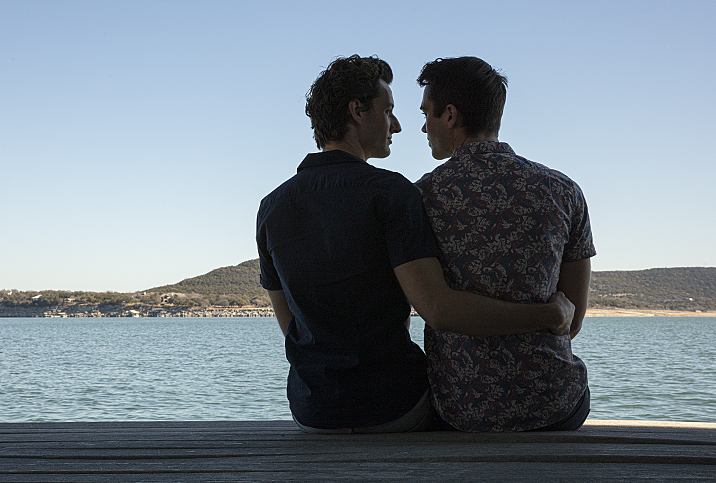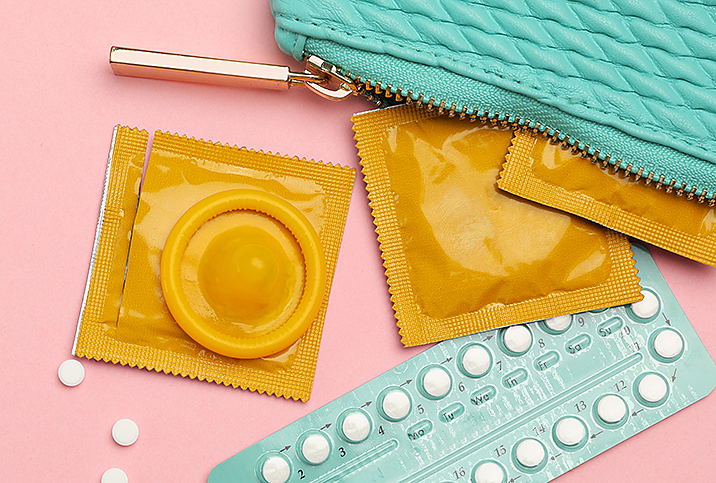Sex and COVID-19: How You Can Stay Protected

There’s no denying it: Sex is important, and abstaining indefinitely isn’t an option many folks want to consider. We don’t blame them. Most people are not going to refrain from sex for the unknown duration of the COVID-19 pandemic, but they need to engage in it safely.
That’s why we spoke to two experts: Dr. Peter Leone, professor of medicine at the University of North Carolina School of Medicine, and Dr. Logan Levkoff, an AASECT-certified sexuality educator with a doctorate in human sexuality, marriage and family life education. (AASECT is the American Association of Sexuality Educators, Counselors and Therapists.)
Mask up
Masks probably aren’t your top choice for a bedroom accessory, but both Leone and Levkoff believe that wearing one can be helpful in preventing transmission. Masks are one of the most essential tools we have at the moment to fight the spread of COVID-19, so it’s worth considering at the very least. They also have already become such a part of our daily lives that they might not feel as awkward as you fear.
“It doesn't have to be really strange or unusual,” Leone said. “You could even make it fun.”
Need more convincing? Just check out the thousands of options when you search “sexy face mask” on the internet.
Limit your social & sexual bubble
The more people you come into contact with, the higher your risk of being exposed to COVID-19. This is true for both social gatherings in general and sexual encounters in particular.
“Partner reduction certainly would reduce your risk (as would) knowing something about your partner's exposure and who they’re around,” Leone said.
You might even choose to self-quarantine or otherwise reduce your social contact for seven to 10 days before having sex with a new partner. Or you could eliminate the possibility of new partners altogether by entering into an exclusive friends-with-benefits (FWB) situation. This option can satisfy your need for intimacy without an unsafe expansion of your bubble.
It’s important to remember, though, that limiting your number of partners alone won’t protect you, because they may not be as diligent as you with social distancing. Don’t forget to have the conversation of mutual distancing with your potential FWB.
Get tested
Safe sex has always included getting screened for diseases and infections. Now there’s just another test to add to the list.
“I think testing, whether it’s for STIs (sexually transmitted infections) or COVID-19, is really important,” Levkoff said. “Until we have a way to immediately identify, treat or vaccinate…part of our existence is going to be getting tested for COVID-19.”
Keep in mind, though, that a negative test doesn’t mean you can throw caution to the wind.
“Even if you acquired coronavirus, it may be two to three days before you would actually (be able to transmit it),” Leone said.
So, if you’re going to get tested before hooking up with somebody, you might want to do so a few days beforehand.
Besides protecting your health, Levkoff said, getting tested also has the added benefit of providing “a brief moment of peace of mind, which enables you to develop further intimacy, emotional or physical, with another person.”
Communicate honestly
Having an open and honest conversation with a prospective partner about your respective COVID-19 safety protocols and boundaries is critical to ensuring both of you can make fully informed decisions about your sexual health. Before you get intimate with someone new, make sure to discuss details such as whether you wear a mask in public, practice social distancing, limit social interactions to a select few people, live with or regularly visit high-risk individuals, and so on.
The key to these conversations, Levkoff said, is to approach them from a nonjudgmental standpoint. She recommended initiating conversations along these lines:
“You get to live your life the way you want, but in order for us to be together, I need to know we’re both taking the necessary precautions so we can manage our expectations and have a good time together. No judgment—I just want to make sure that we make the best decisions for ourselves.”
Ideally, you’ll either already be on the same page or be willing to start taking the same precautions, so both of you feel comfortable. If you and your prospective partner are on opposite sides of the spectrum and unwilling to compromise, you’ll have to decide whether you’re comfortable taking that risk. If you’re not, Levkoff suggests saying something like this:
“I respect that that’s where you are, and thank you for being honest with me. I can’t take those risks right now because of XYZ, but maybe we’ll both be on the same page at some point in the future.”
Levkoff acknowledges this interaction might feel awkward, but conversations like these are necessary nonetheless.
“We might have to have some uncomfortable conversations, but that doesn't mean they’re bad conversations,” Levkoff said. “Can it really be awkward to talk about whether or not you always practice social distancing and wear a mask? Sure. But if it can lead to good sex, then it may be worth it.”
For more information on safe sex practices during the COVID-19 pandemic, check out this fact sheet from the National Coalition for Sexual Health.

















